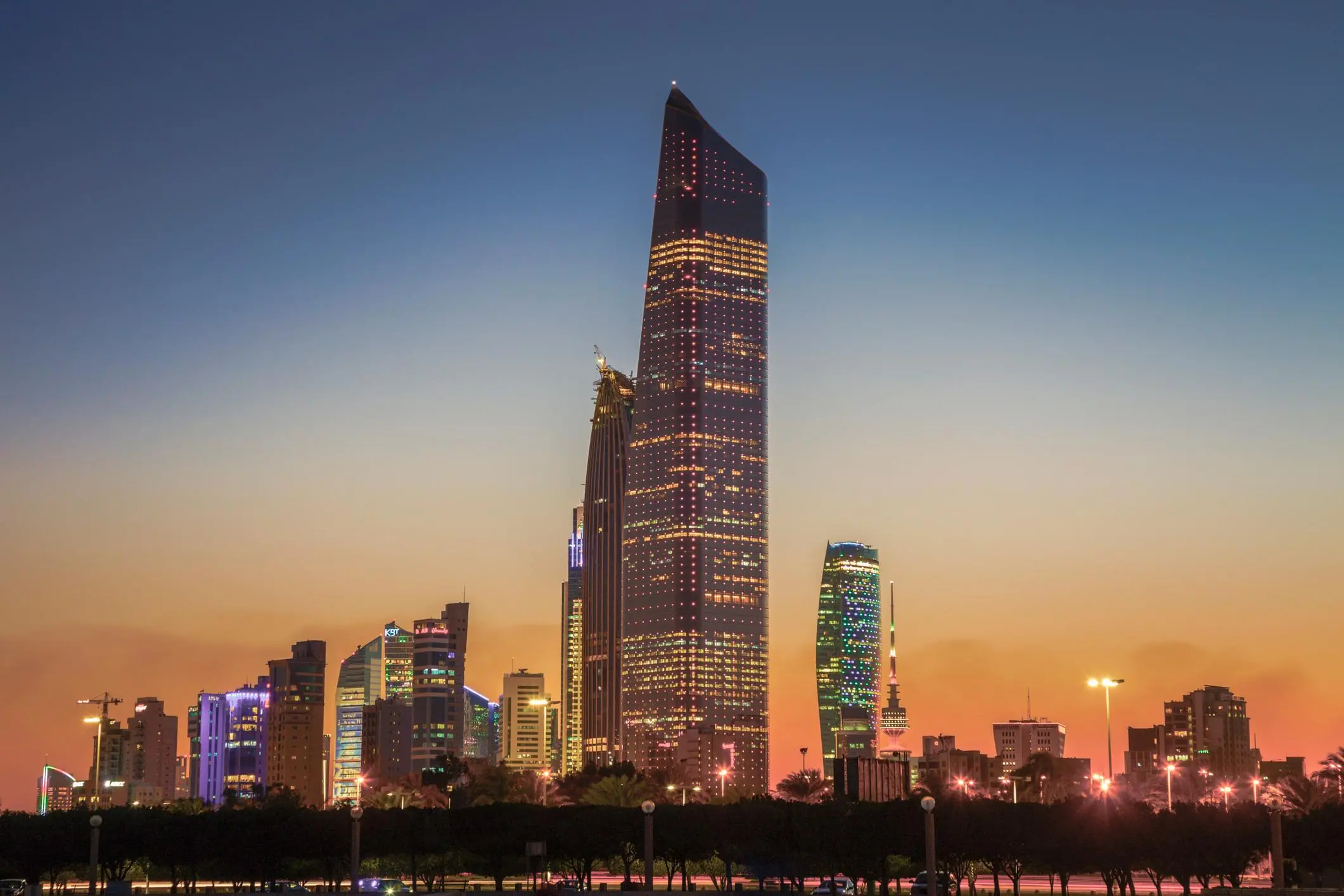PHOTO
DUBAI - Middle Eastern fund managers plan to decrease investments in Kuwait in the current quarter on economic and valuation concerns, according to a Reuters poll, while their expectations for the rest of the region remain mixed.
The region, which has eased strict coronavirus-induced lockdown measures, is home to many oil producers, who have seen the price of their main resource tumble as they spend to help support their economies.
Four of the five fund managers polled by Reuters said they would decrease their allocations in Kuwait, the Gulf state whose finances have been pressured by low oil prices and the pandemic.
This led to the government to halt an annual transfer of 10% of revenues to the Future Generations Fund, the country's largest reserve that has only been tapped once during the first Gulf War.
One of the most pressing issues facing Kuwait's new Emir Sheikh Nawaf al-Ahmad al-Sabah, who took power following the death of the country's ruler in September, is overcoming gridlock on debt legislation, which would raise the country's debt ceiling.
Fund managers described the transition to new leadership was "smooth", but "more importantly whatever would be the leadership's fiscal reforms that will be driving our investment strategy in the nation," said Jai Lawrence of Almal capital.
He and other managers noted that the country's stocks were expensive, noting the impact of Kuwait's upcoming inclusion in the MSCI emerging markets index.
"Once the inclusion event is behind, the premium valuation won't be justified and should be subject to mean reversion," said Dipanjan Ray from Emirates NBD.
Expectations for allocations in the rest of the region remained mixed among the fund managers polled in late October.
"We expect to keep the same equity allocation but we're constantly monitoring downside risks such as the impact of a new wave of COVID-19, rising geopolitical tensions and increased oil price volatility," said Lawrence.
None of the fund managers indicated they were decreasing allocations in Qatar or Egypt.
"Egypt is the only market in MENA that will still show positive real GDP growth in 2020 despite COVID impact," said Mohamed Eljamal of Waha Capital.
As for the United Arab Emirates, whose heavily tourism, trade, and real estate reliant economy was heavily hit by lockdowns, Lawrence says it is "well poised" to recover, pending a vaccine, but "will be hampered should the second COVID-19 wave prove to be as devastating as the first."
(Reporting by Nafisa Eltahir; Editing by Rashmi Aich) ((Nafisa.Eltahir@thomsonreuters.com; +971 56 226 1754;))





















